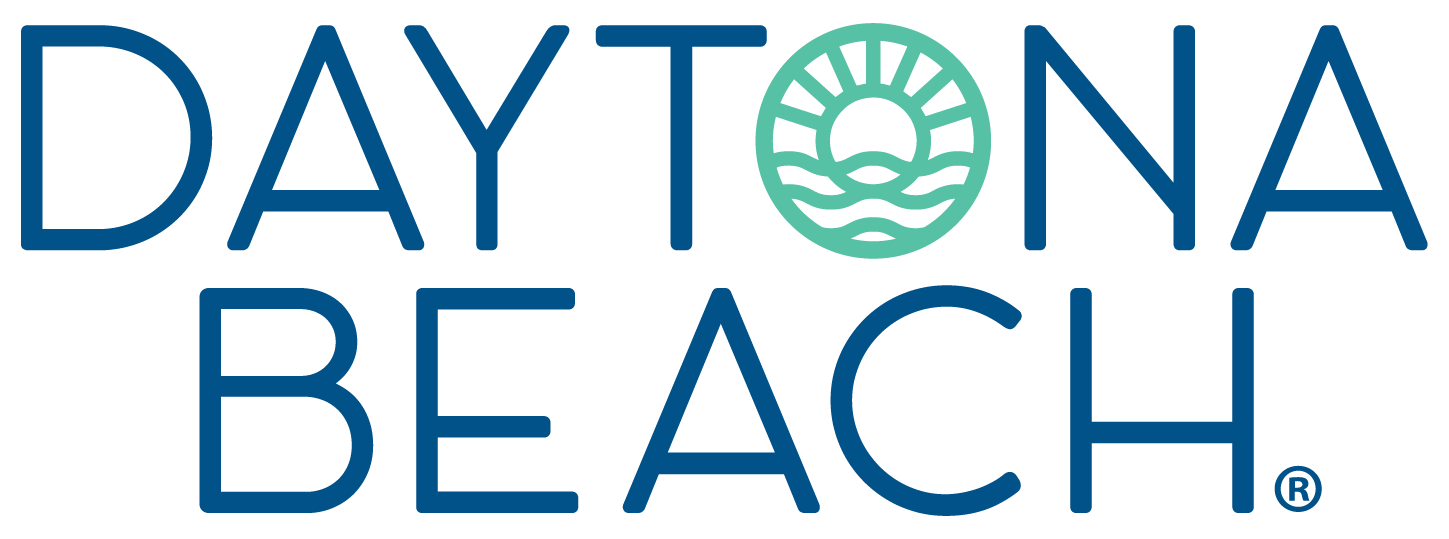Florida boasts some of the best fishing in the world, and the Daytona Beach area is no exception. Whether you’re winding through the backwaters in a canoe or trolling offshore on a charter, there are endless ways to experience a fishing adventure here. In fact, some of the most easily accessible fishing is done right off the beach — it’s the ideal beach activity if you have a wide range of ages in your vacation crew!
When you surf fish in Daytona Beach, you might hook a whiting, pompano, flounder, blue fish, or drum. That’s the best part about fishing — never knowing what you’re going to get! To help ensure a fun and safe experience for everyone, make sure you review the tips below on best practices for surf fishing.
Where to Surf Fish
There are so many hot spots in the area for those who want to surf fish. With 23 miles of expansive beaches, you have more than enough elbow room to surf fish without feeling like you’re on top of other beachgoers or swimmers. On the beach near the Daytona Beach Pier is a popular spot for anglers, but really anywhere up or down the beach works just as well.
The great thing about surf fishing in Daytona Beach is that it’s ideal for everyone in your group — even those not into the fishing part! The kids can participate or not, and whoever wants to take a break can snooze in the sand, build a sandcastle or go for a stroll. There’s less pressure to be totally engaged, making it a low-key and relaxing way to enjoy the activity.
Thinking about heading off into the Atlantic Ocean farther than waist-deep?
If you seek sport fish like cobia, kingfish, sailfish, mahi-mahi and tarpon, it might be time to turn to the pros and go out into the Atlantic with a charter boat company and guide. Luckily, there are a number of off-shore fishing charter companies based in the Daytona Beach area, so you’ll have no problem finding a well-practiced guide ready to take you on a memorable trip.
Equipment
Properly gearing up is the best way to kick off your beach excursion. For surf fishing, you’ll want to make sure you’re working with a rod and reel built for saltwater. Typically, heavier rods that are anywhere between eight and 16 feet long are used in the surf. Your rod choice will depend on the type of casting you do and the reel you want to use, but one of a medium weight will probably be your best bet.
You’ll also want to make sure you get the ideal fishing line weight, probably between 15 and 20 pounds. This affords you enough strength to reel in a big fish, but won’t drag you around with the current too much. You’ll need hooks and sinkers — pyramid sinkers tend to settle into the sand and hold your bait near the bottom. Though it’s not totally necessary, other equipment you’ll be happy you brought includes buckets, a net, rod holders, pliers and a bait knife.
Of course, if you’re using your own rod and reel, you’ll want to rinse them off with fresh water, especially well when you’re done for the day — saltwater takes a toll on everything it touches!
Other necessities include sunscreen, a hat, good sandals or water shoes to protect your feet, and plenty of water to drink. Though they won’t help get the fish biting, they sure will keep the humans happier!
Bait
Try tossing your cast net for a fun way to catch live bait. Depending on the time of year, catching mullet may be your best bet. “Sand fleas” (which are actually quarter-sized crabs and not fleas at all) also make great bait, as well as live shrimp.
If catching live bait is not an option for you, you can always swing by a local tackle shop for bait. In fact, The Fishin’ Hole in Daytona Beach has you covered in all areas of fishing and tackle — you can get everything from fishing line to sand spikes to sunglasses there. The store’s clerks are also local fishing experts and are the best people to ask about what bait you’ll need, which rig is best and what’s currently biting. Or stop by Granada Pier Bait & Tackle in Ormond Beach for bait, tackle, snacks and a fishing tale, or two.
Licensing
If you plan to go fishing in the Atlantic Ocean from the beach, you’ll need to purchase a temporary fishing license. Good news — it takes only a matter of minutes, so you can get to the fun part quickly! Your temporary license allows you to fish right away, while permanent licenses are sent in the mail, so don’t worry if you forget to take this step before you arrive in Daytona Beach. Obtaining a license can be done in several ways:
- Purchase online through the Florida Fish and Wildlife Conservation Commission
- Purchase by calling 1-888-FISH-FLORIDA
- Purchase at area bait and tackle shops, as well as sporting goods stores.
Note that there are several fishing activities in the Daytona Beach area that don’t require a fishing license, including fishing on chartered fishing trips or party boats, and fishing off a licensed pier if you are under the age of 16. For more information about the rules and regulations related to fresh and saltwater fishing licenses, please visit the Florida Fish and Wildlife Conservation Commission website.
Beach Rules
- Use common sense and only fish in designated areas — and not right in front of a group of swimmers or children on the beach. Practice common courtesy so that everyone can enjoy a relaxing beach experience.
- Clean up after yourself! Fishing line and other trash can damage the environment and injure the animals and birds that dwell in the area. Do your part to clear any litter and leave our beaches as beautiful as when you arrived so that the next angler can enjoy them, too.
- When visiting the beach, please do not disturb the turtle nests, which are denoted by fencing. Help us protect endangered sea turtles!
And finally, the most important rule: Have fun! Whether you are teaching your young child how to bait a hook for the first time or simply trying to catch peace of mind, fishing in Daytona Beach is a fun way to spend time connecting with nature.
But the fun doesn’t end with surf fishing — the area is full of unlimited outdoor adventures. Start planning your trip today!








